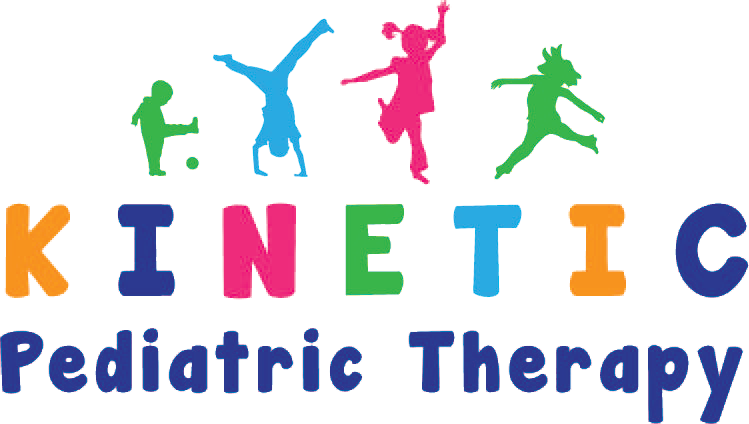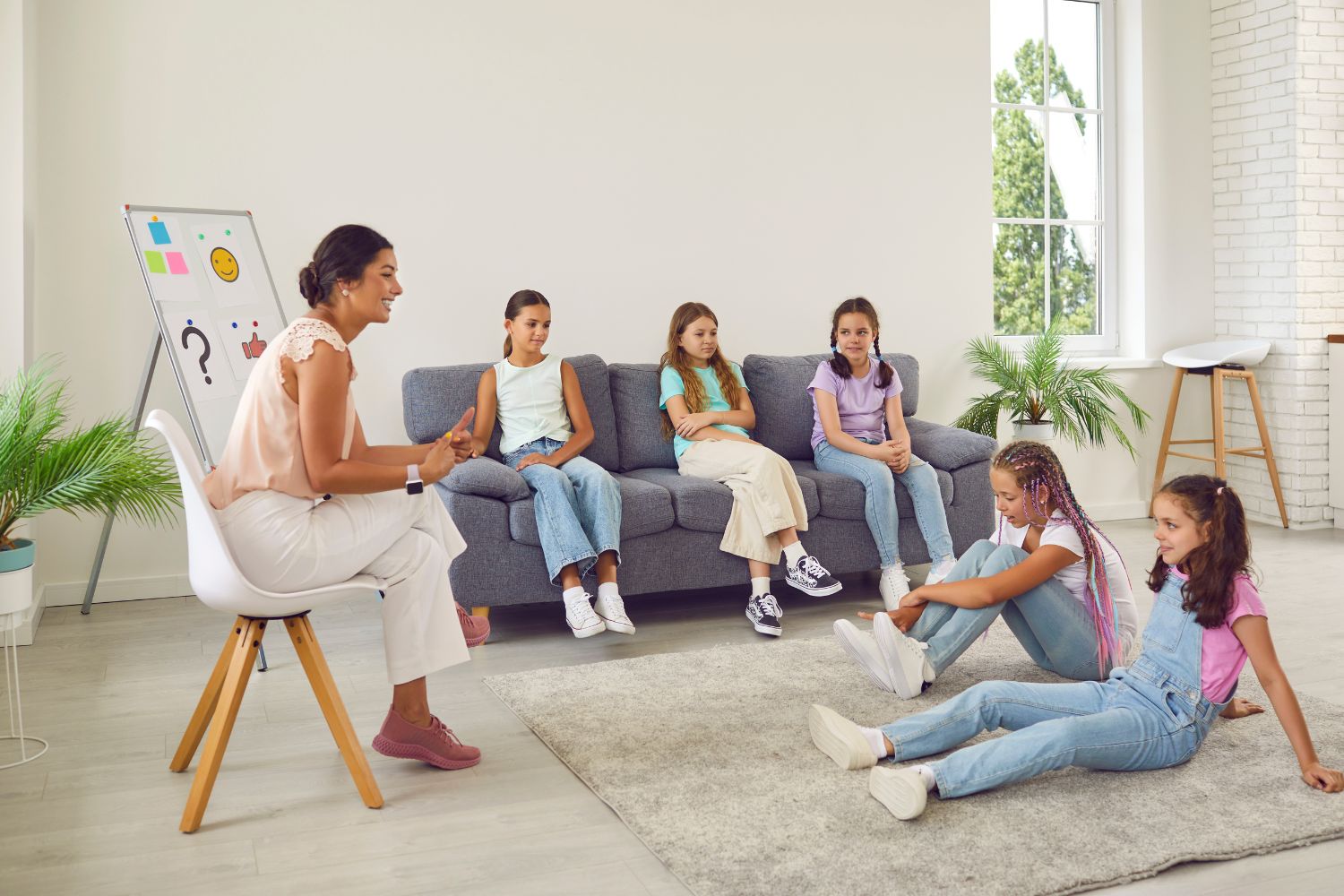
How Behavioral Therapy Can Help with Anxiety in Children
Anxiety in children is a common challenge that many families face, impacting a child’s emotional well-being, school performance, and social interactions. At Kinetic Pediatric Contract Therapy, we recognize the importance of early identification and effective treatment for childhood anxiety. Our school-based behavioral therapy services are designed to support children struggling with anxiety by providing strategies tailored to their unique needs. In this post, we will discuss how behavioral therapy can help with anxiety in children, provide tips for recognizing signs of anxiety, and outline approaches to address these challenges effectively.
Understanding Anxiety in Children
Anxiety in children often manifests differently than in adults, making it essential for parents, teachers, and caregivers to understand the signs. Children may experience excessive worry, fear, or nervousness about everyday situations such as school, friendships, or family dynamics. These feelings can interfere with their ability to concentrate, participate in activities, or enjoy daily life.
Behavioral therapy offers a structured approach to help children manage anxiety by changing negative thought patterns and developing coping skills. Through personalized interventions, therapists can guide children toward healthier responses and improved emotional regulation.
Recognizing Anxiety in Children
Early recognition of anxiety in children is critical for timely intervention. Signs to watch for include:
- Frequent complaints of stomachaches or headaches without a clear medical cause
- Avoidance of social situations or school
- Excessive clinginess or fear of separation from parents
- Difficulty sleeping or frequent nightmares
- Irritability, restlessness, or difficulty concentrating
- Perfectionism or fear of making mistakes
If these symptoms persist and interfere with daily activities, seeking support from a qualified behavioral therapy provider can make a significant difference.
How Behavioral Therapy Addresses Anxiety in Children
Behavioral therapy helps children by focusing on the relationship between thoughts, feelings, and behaviors. Therapists work with children to identify anxiety triggers and teach practical techniques to manage their emotions. Key components include:
Cognitive-Behavioral Therapy (CBT)
CBT is one of the most effective methods used in behavioral therapy for anxiety. It helps children recognize negative thought patterns and replace them with more positive, realistic thoughts. Through role-playing, relaxation techniques, and gradual exposure to feared situations, children build confidence and reduce anxiety over time.
Relaxation and Mindfulness Techniques
Teaching children relaxation strategies such as deep breathing, progressive muscle relaxation, and mindfulness exercises is a core part of behavioral therapy. These techniques help reduce physical symptoms of anxiety and promote calmness, empowering children to regain control when anxious feelings arise.
Social Skills Training
Anxiety in children can often lead to withdrawal from social interactions. Behavioral therapy includes social skills training to help children develop communication skills, assertiveness, and confidence in social settings, reducing isolation and building supportive relationships.
Parent and Teacher Collaboration
Successful treatment of anxiety in children often involves collaboration with parents and educators. Behavioral therapists provide guidance on how to reinforce coping strategies at home and school, creating a consistent support system that encourages progress and generalization of skills.
Practical Tips for Supporting Children with Anxiety
Parents and caregivers play a vital role in helping children manage anxiety alongside professional behavioral therapy services. Here are some tips:
- Encourage open conversations about feelings without judgment
- Maintain predictable routines to create a sense of security
- Model healthy coping strategies such as problem-solving and positive self-talk
- Limit exposure to stressful or overwhelming situations when possible
- Reinforce small successes and efforts in managing anxiety
- Use visual supports and reminders for relaxation techniques
- Collaborate closely with your child’s therapist and teachers
When to Seek Behavioral Therapy for Anxiety in Children
If your child shows persistent signs of anxiety in children that interfere with daily functioning, it is time to consider professional support. Early intervention through school-based behavioral therapy can prevent anxiety from escalating and provide children with the tools they need to succeed emotionally and academically.
At Kinetic Pediatric Contract Therapy, we specialize in personalized behavioral therapy services designed to address the specific challenges each child faces. Our team works collaboratively with families and schools to create effective, compassionate care plans.
Anxiety in children is a manageable condition with the right support and interventions. Through targeted behavioral therapy, children can learn to understand and control their anxiety, leading to improved confidence, social skills, and overall well-being. Recognizing the signs early and seeking expert help is crucial for positive outcomes.
🧠 Empower your students with personalized behavioral support! Kinetic Pediatric Contract Therapy offers tailored Behavioral Therapy services to schools across North Carolina, helping children thrive both academically and socially. Our expert therapists work closely with educators and families to address emotional, social, and behavioral challenges, ensuring each child receives the care they need to succeed. 🌟 Let’s create a positive learning environment together—contact us today to bring our Behavioral Therapy services to your school and support every student’s success!
Please Share




